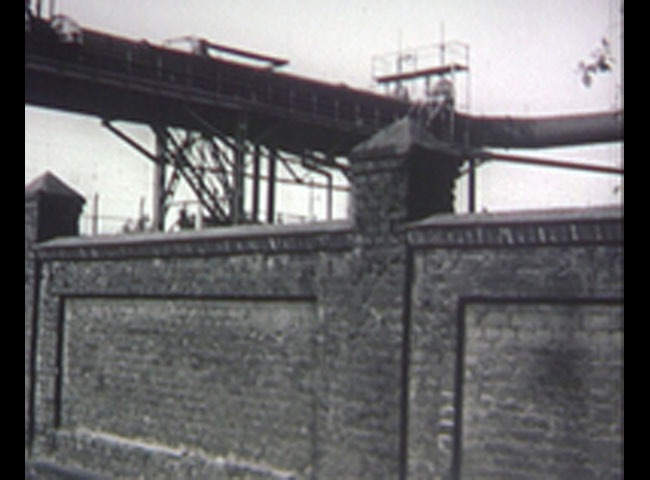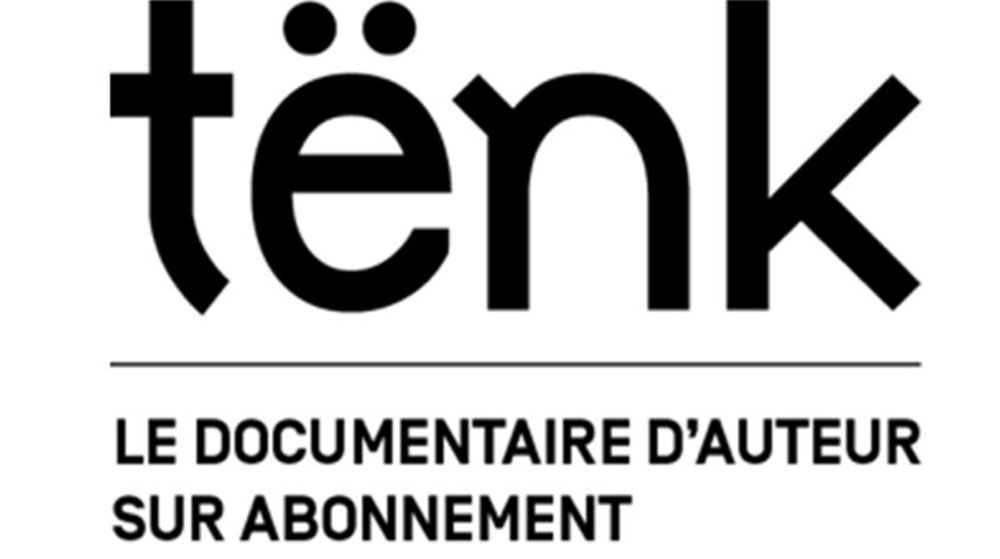Industrie et Photographie
-
Réalisé par Harun Farocki • Écrit par Harun Farocki
-
Allemagne • 1979 • 44 minutes • 35 mm • Noir & Blanc
- Réalisation :
Harun Farocki - Écriture :
Harun Farocki - Image :
Ingo Kratisch, Rosa Mercedes, Rolf Silber - Montage :
Hella Vietzke
- Production (structure) :
Harun Farocki Filmproduktion - Diffuseur :
WDR - Westdeutscher Rundfunk - Ayant droit :
Harun Farocki Filmproduktion
- N° ISAN :
non renseigné
Résumé
Photographies du monde industriel, industrie de la photographie. Premier temps d’une réflexion sur l’image et la représentation.
Industrie et photographie sont liées, la reproduction les rapproche. Mais que voit-on, au fil du temps, au fil de la mécanisation et de l’avènement de la production industrielle moderne, toujours plus cachée derrière les enceintes des entreprises ? La photographie, qui inclut la prise de vue cinématographique, permet-elle de voir le travail, les processus à l’œuvre, la production plutôt que le produit ? Industrie et photographie posent la question du visible, de leur lisibilité par le regard humain.
Farocki frequently chooses a single news photo as his pretext. In his film he explains convincingly that 'learning from images' is not so much a question of having power over the image or a consistent subject-position towards the image, which would allow the filmmaker access to complete knowledge. Instead he insists on pursuing photography's separation of reference and discourse, by proving this to be a separation of the subject as well as a separation within the subject itself. The modern notion of representation, at least that which we owe to cinema, is based on iconicity, similarity and probability. Moreover, it links what is represented to the perceiving subject in an act of opposition, even of confrontation and defines existence as being the process by which one places oneself in relationship to something other, as a form of taking up position, of approach. As a result, the corresponding concept of perception is based on the capacity of images to establish, demarcate and validate a space in which the mise-en sc?ne of a subject can take place. Farocki doesn't achieve this insight by means of psychoanalytical vocabulary; he contrasts the subject with his own radical 'other'. (Thomas Elsaesser)

